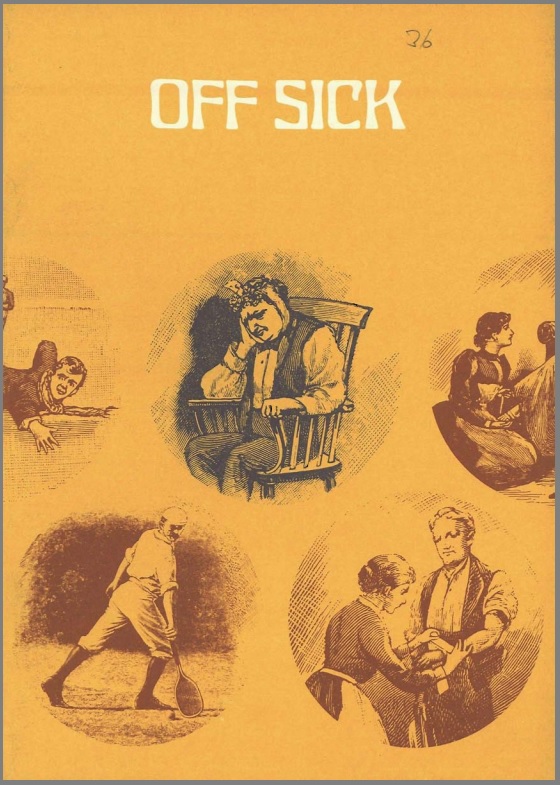Sign up to our newsletter Subscribe
Analysing Global Immunisation Expenditure

In the first six months of 1970, 5 million working days were lost because of industrial disputes. This has been exceeded in only 2 years since the general strike in 1926. In comparison, over 300 million working days are lost every year through…
In the first six months of 1970, 5 million working days were lost because of industrial disputes. This has been exceeded in only 2 years since the general strike in 1926. In comparison, over 300 million working days are lost every year through certified sickness absence. On the national level absence attributed to sickness has been seen as one of the factors contributing to the relatively poor performance of Britain’s economy in relation to Other industrialised countries. In view of the very much greater number of working days lost it has sometimes been seen as a more potent threat to productivity than industrial disputes. At the local plant level the effects of absence have been sufficiently disruptive to lead some large firms to devote a good deal of time and effort to the understanding and control of the phenomenon.
Viewed primarily as an economic or industrial problem absence from work represents a costly underuse or dislocation of resources. But it can also be seen in its wider context as a social phenomenon associated particularly with increased living standards and higher expectations. From this viewpoint it comes further into the scope of sociology and psychology and is susceptible to analysis within these disciplines. Finally, and somewhat paradoxically, sickness absence is only sometimes seen primarily as a medical phenomenon susceptible to alleviation and control by specifically medical means. The intention of this paper is to describe the nature and impact of sickness absence in the light of these three broad approaches t to the phenomenon. It considers the roles to be played by management, by doctors and by the government in reducing the level of sickness absence. It also considers how changes in the structure of the health services and the organisation of social security benefits could not only help to reduce sickness absence but could also lead to more effective use of limited health care resources. In particular the paper discusses the potential benefits of relocating some medical care facilities at the workplaces of the normally well population, and of devolving some of the responsibilities of the Department of Health and Social Security onto industry.
Off Sick
